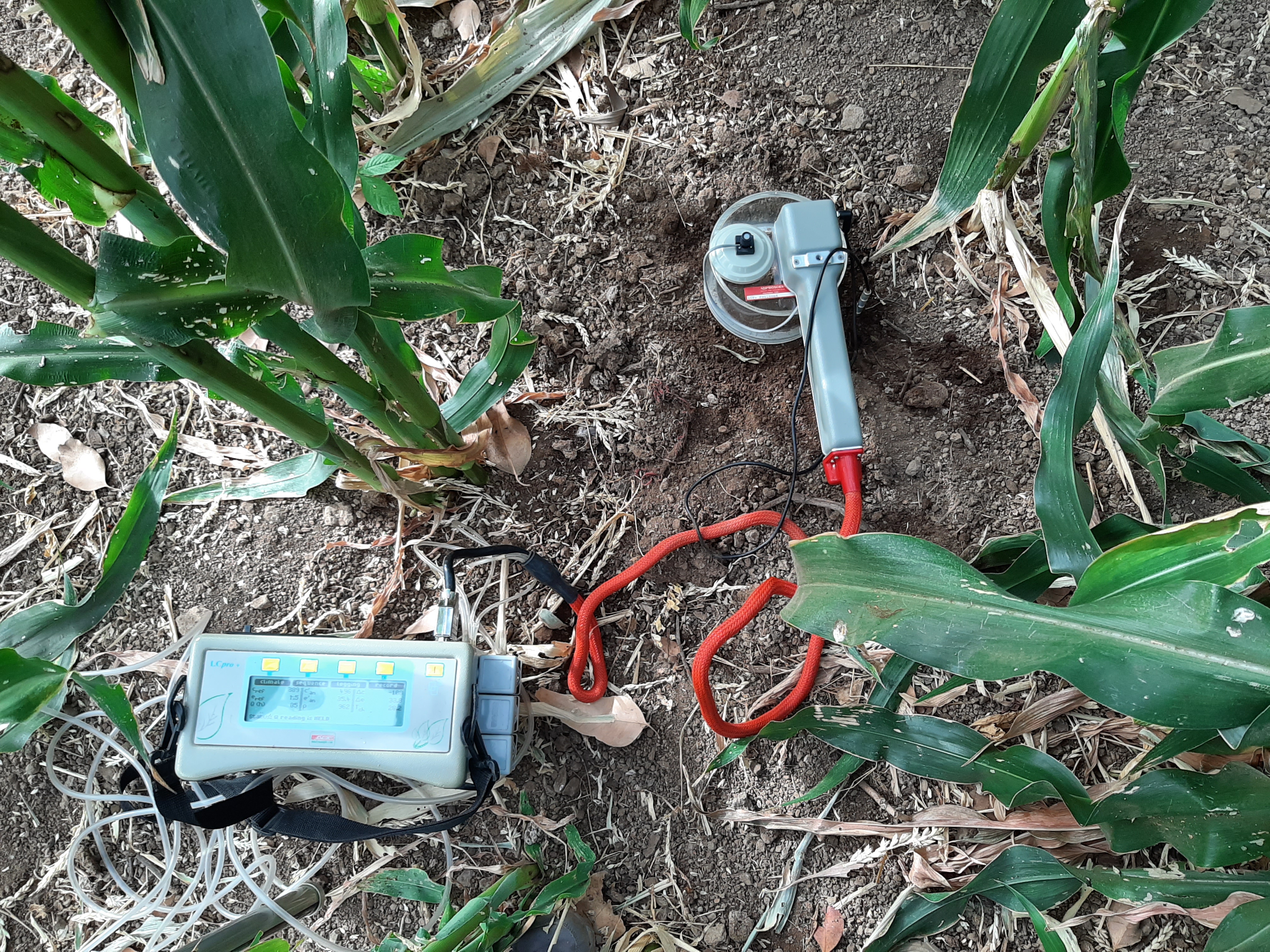The general objective of the project is to promote adaptation to climate change, as well as to increase prevention and resilience to specific risks through the efficient use of water, the search for alternative resources and their reuse in agricultural activities in Macaronesia.
In general, the project includes a whole series of actions aimed at the reuse of treated wastewater, efficient irrigation and pollution prevention and reduction, which help to overcome existing regulatory, social, economic or technological barriers, all of this accompanied by a significant awareness and informative efforts and qualification actions at all levels of society.
n this sense, the priorities set out among the partners were the following:
• awareness-raising actions for the population, in addition to imparting training to technicians and farmers in the areas of sanitation, treatment and reuse of treated wastewater, efficient irrigation and loss control in hydraulic networks
• promotion of quality control, evaluation of alternative indicators and continuous monitoring of treated wastewater destined for reuse, in addition to monitoring products, soils and plants
• definition and installation of technologies adapted to local conditions, especially on a small and medium scale, to improve the quality of treated wastewater for reuse
• support experience management and sharing between regions to enable and guarantee the economic, social and environmental sustainability of the various systems
To achieve its purpose, the project is structured into three main specific objectives:
1. Awareness, information and qualification, to enable the active participation of society in the promotion of the efficient use and reuse of reclaimed water as an adaptive strategy before climate change and water scarcity situations
2. Application and evaluation of treatment technologies and control systems to guarantee the efficient use of water and the production of reclaimed water of sufficient quality, in order to build resilient communities in situations of water scarcity caused by climate change
3. Demonstration, optimization and evaluation of the reuse of reclaimed water and promotion of good irrigation practices adapted to climate change and risk situations associated with water scarcity



